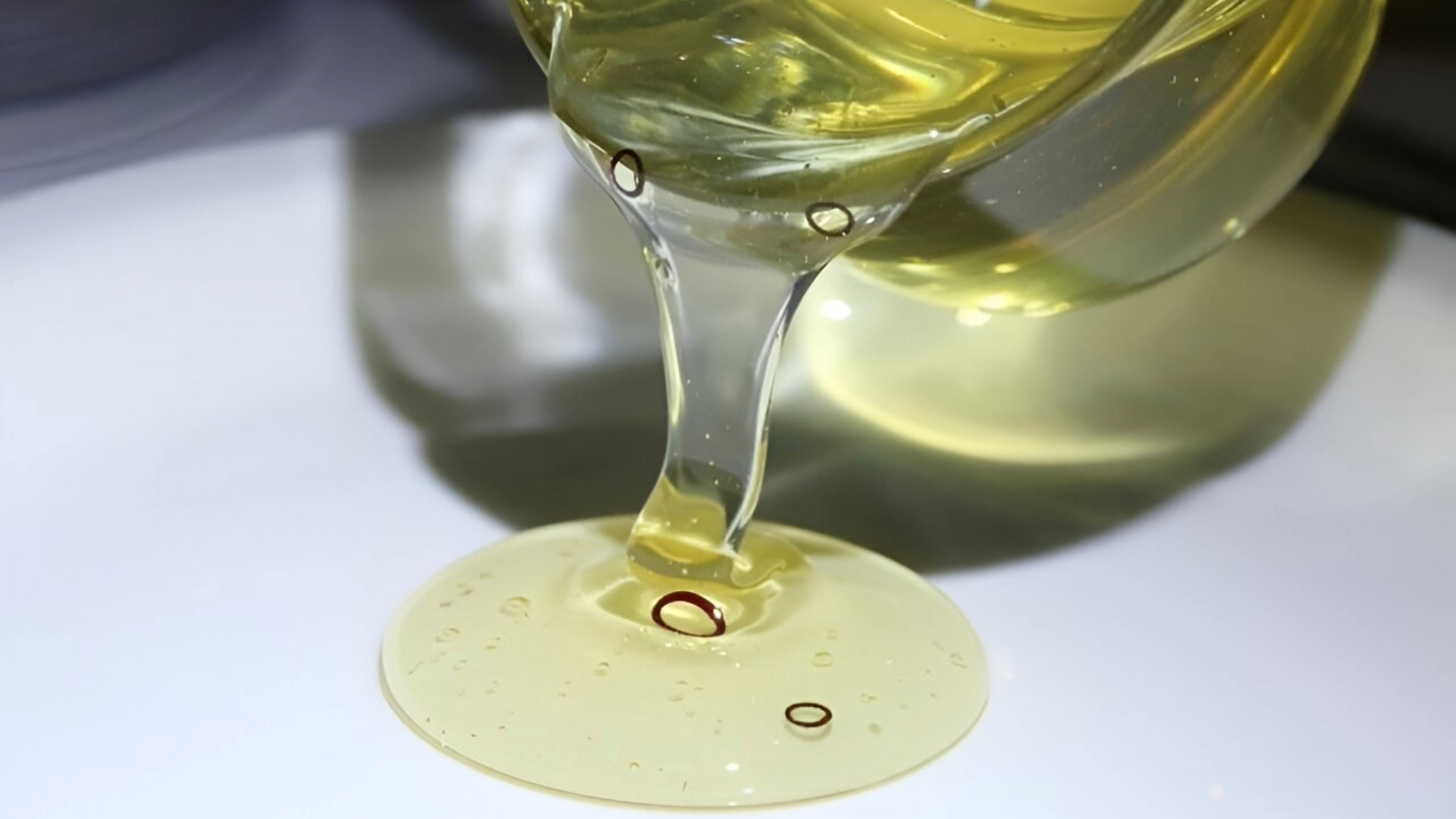Get the latest tech news
US scientists turn waste streams into jet fuel that reduces carbon emissions by up to 70% | Volatile fatty acids can play a critical role in decarbonizing the aviation industry.
Scientists at the U.S. Department of Energy’s (DOE) Argonne National Laboratory developed the cost-competitive sustainable aviation fuel (SAF) that reduces greenhouse gas emissions (GHG) in the aviation industry by up to 70%.
Scientists in the United States have developed a new method that uses methane arrested anerobic digestion (MAAD) technology to convert high-strength organic wastewater into volatile fatty acids, which can be upgraded to sustainable aviation fuel (SAF). Haoran Wu, an Argonne postdoctoral researcher, claimed that as key precursors for SAF production, volatile fatty acids can play a critical role in decarbonizing the aviation industry. It’s claimed that the research advances goals outlined in the DOE’s Sustainable Aviation Fuel Grand Challenge which aims to increase the production of SAF to three billion gallons by 2030.
Or read this on r/tech
